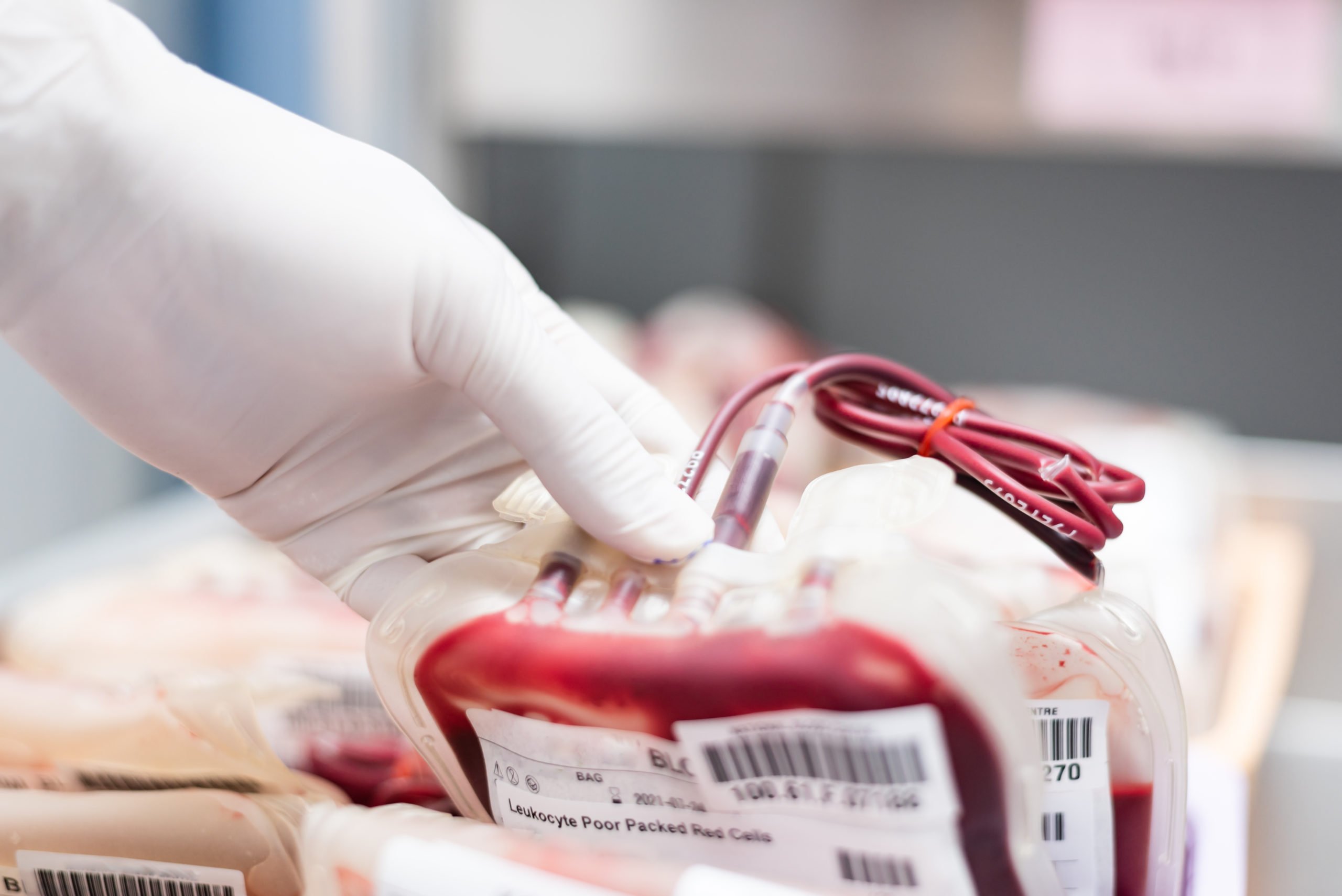Reform blood bank service

When the blood is treated with radiation, the damaged white blood cells are rendered incapable of dividing and, therefore, cannot cause any reaction in the body
What you need to know:
- The government and key stakeholders must devise ways to increase blood donation. This is an apolitical issue, so donors from every sphere should be welcomed, not turned away, to meet the country’s blood needs
Hospitals and health centres across the country are grappling with scarcity of blood for transfusion services. While it is those in Acholi Sub-region whose distress calls have reached the public domain, the challenge is not new. And it should not be happening for a health sector that largely relies on volunteer donors.
On a daily basis, Uganda utilises about 1,000 units of blood. But several public and private hospitals have always indicated that the regional blood bank supply does not match their operational demands. While Uganda needs more than 400,000 units of blood annually, data from the Uganda Blood Transfusion Services (UBTS) indicates that only about 300,000 units are collected per year. This is below the World Health Organisation recommended target.
UBTS is responsible for all blood transfusion and safety activities for the entire country. It was established as an autonomous institution with its headquarters at Nakasero Blood Bank.
However, the autonomy of UBTS is only as good as the word is spelt in the dictionary. In its real scope, UBTS has often caught up behind the political lines. There are times when UBTS has rejected blood donation from Opposition parties when it should be embracing all efforts that help boost its reserve.
But politics can be excused; UBTS is apolitical after all. One of the major problems is that the blood bank is hostage to a corrupt and unaccountable health sector. The rampant extortion at facility level which sees patients being required to pay for blood that is donated for free has not only sent those who cannot afford to their early deaths but also discourage millions of would-be volunteer donors.
For years, the blood bank has run its collection on an incentive-based campaign. Forget the Pepsi soda and biscuit, there was always that small card a donor received with a promise that presenting it when in need of blood guaranteed a pint at no cost. But a bleeding pregnant mother would be told the card is a mere piece of paper and that the piece of paper that matters is the bank note.
From road traffic menace that leads to many accidents to health sector challenges such as child delivery, malaria and anaemia, the need for blood transfusion services will keep soaring.
Ultimately, unless UBTS is able to invent a scientific method to clone blood in the lab, it will need volunteer donors at all its seven regional blood banks.
Having blood collection centres in only a handful of districts such as Hoima, Jinja, Kabale, Rukungiri, Lira and Soroti is hardly helpful either.
The country needs more blood donors. UBTS cannot continue to operate in the same way it did 20 years ago. The times are changing and those who change with it live longer.
But it is not the life of UBTS at stake, it is the lives of Ugandans in need of blood. Reforms that can guarantee more donations should be considered




